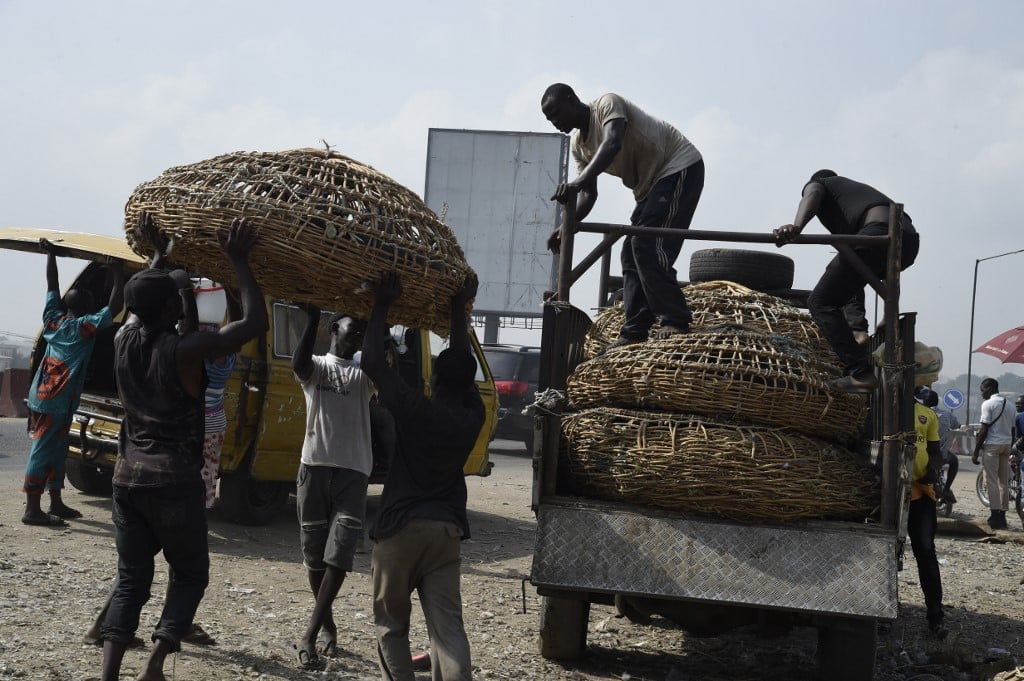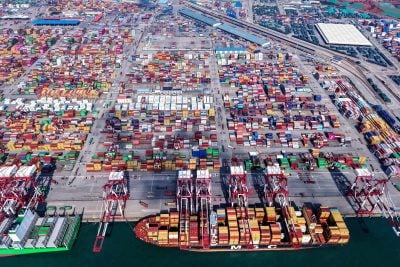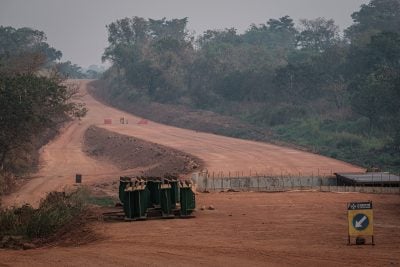Nigeria has launched an ambitious public works programme to employ hundreds of thousands of unskilled workers who have been unable to earn a living as a result of the Covid-19 pandemic.
The programme aims to employ 774,000 itinerant workers and unskilled labourers – 1000 from each of the country’s 774 local government areas – in public works projects for an initial three months.
The successful applicants, who will be chosen by local selection committees comprising religious organisations, NGOs and local government, will be paid around 20,000 naira a month ($50).
Examples of the work will include traffic control, rehabilitating roads, and clearing gutters and bushes, according to Festus Keyamo, minister of state for labour and employment.
“Every local government has unique needs but the general objective is to maintain public infrastructure and do some kind of community service,” he told the BBC’s Africa Today programme.
The Covid-19 pandemic has compounded Nigeria’s entrenched lack of economic opportunity. Nigeria’s unemployment rate climbed to 27.1% in the second quarter of 2020, according to official statistics, comprising some 21.7m Nigerians.
The underemployment rate – a measure of those working less than 40 hours a week, or in jobs that underutilise a worker’s skills, time, or education – increased to 28.6%. The economy is expected to shrink by 4.3% this year, according to IMF projections. The price of oil – the country’s dominant export – is languishing at around $51 a barrel.
The public works scheme, which is influenced by India and Malaysia and recalls the 1930s New Deal of US President Franklin Roosevelt, is unlikely to make a significant dent in the country’s long-term unemployment problem, but Keyamo said it will provide a “palliative” to the “very bottom of the economy” amid the shock of Covid-19.
‘Exit strategy’
The programme has been designed with an ‘exit strategy’ after its expiry in three months. Keyamo says that workers are expected to reinvest their wages in expanding their small enterprises, while government is considering making the scheme an annual event or extending it beyond the initial three months. The government is also considering the establishment of a similar programme to employ Nigerians on large-scale agriculture projects.
Nevertheless, there are concerns that the scheme will offer an opportunity for corruption at the local government level, with the offer of jobs and financial support a potential source of patronage. Keyamo said that his department would investigate any complaints of malpractice.
“All you can do is set parameters as much as you can…to ensure a free and fair process,” he said.
President Muhammadu Buhari approved 26bn naira ($68m) for the programme in October, but some applicants told local media in December that they were losing hope in the scheme amid repeated delays.
Want to continue reading? Subscribe today.
You've read all your free articles for this month! Subscribe now to enjoy full access to our content.
Digital Monthly
£8.00 / month
Receive full unlimited access to our articles, opinions, podcasts and more.
Digital Yearly
£70.00 / year
Our best value offer - save £26 and gain access to all of our digital content for an entire year!

 Sign in with Google
Sign in with Google 





